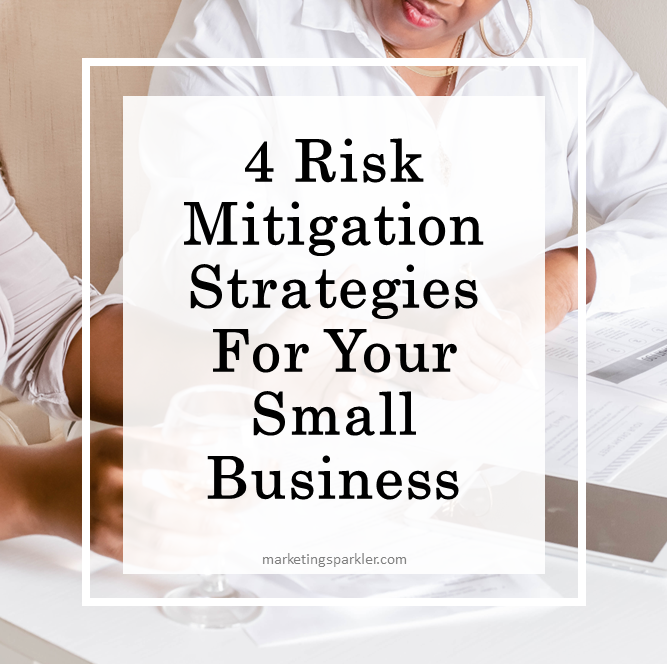Running a small business in the US can be a real rollercoaster, full of thrills and spills. As you hustle to chase your dreams, you must be ready for whatever curveballs arise. According to research, 72% of small business owners have economic uncertainty keeping them up at night. Implementing strategies to safeguard your business against financial or any other risks is crucial and helps you feel better prepared in the face of uncertainty. Below are four practical risk mitigation strategies for your small business.
4 Risk Mitigation Strategies For Your Small Business
1. Do due diligence and avoid unnecessary risks.
Risk-taking is a vital aspect of business. However, in some instances, an effective way to keep your small business out of hot water is to avoid some risks that could prove problematic. In today’s world, where lawsuits are common, you must stay on your toes as a small business. For instance, if you’re in the food industry and have ingredients you believe are unsafe for your meals, avoiding such ingredients is crucial to prevent food poisoning and other critical issues. It can save you from legal headaches and a tarnished reputation.
Also, if you’re considering a partnership, it’s always best to do due diligence to ensure you do business with credible people. For example, if you’re considering outsourced marketing services to help boost your brand visibility, conduct thorough research to find the best fit for your business.
2. Implement security and safety measures.
As a small business owner, It’s advisable to implement solid safety and security measures in every aspect of your business to ensure your enterprise is safeguarded. Diversify your sources like a pro, spreading the risk and ensuring you’re not left hanging.
Another aspect to consider is your cybersecurity and data protection, which have become increasingly crucial. A data breach can significantly jeopardize your business. So, consider beefing up your digital defenses – it’s like putting locks on all your virtual doors. But it’s not all about the digital world. Think about your team on the ground. Safety protocols and some good old-fashioned training can greatly reduce accidents and save you some cash.
3. Share the burden by transference.
Risk transference is like calling in the reinforcement to help carry the load. One common aspect in which many businesses do this is insurance. When you get the right insurance coverage, you help ensure your business stands even on a rainy day. It shields your business from property mishaps, legal claims, and cyberattacks. Sure, you’ll pay those premiums, but consider it your safety net against financial chaos. Don’t go it alone, though. Chat with the insurance pros to craft a tailor-made policy for your business. And remember, as your venture grows, your coverage might need a little tune-up. Stay sharp, and keep that safety net strong.
4. Have a realistic view.
As a small business owner, having a realistic perspective is best, considering that risks are part and parcel of the business game. Therefore, it would help if you learn to roll with the punches. Think of it this way: you’re a small business and can’t be everywhere at once. So, instead of chasing every shadow, you acknowledge that some things are beyond your control. It’s like saying, “hey, life happens, and we’re ready for it!” Embracing uncertainty doesn’t mean sitting back and doing nothing, though. It’s about being smart. Plan for the unexpected, stay agile, and steady your finances.
Ciao,
Miss Kemya
- Why You Have To Hire People To Make More Money - 04/17/2024
- Why Is Your Business In A Rut? - 04/02/2024
- Your Sales Offer Isn’t Special If Your Sale Never Ends - 03/15/2024

